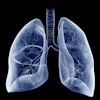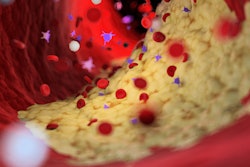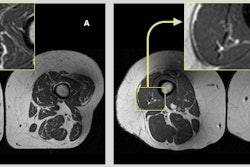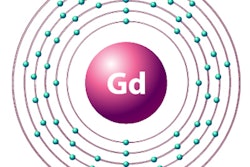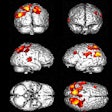PET scans of healthy adults after they consume ultraprocessed meals show changes in their myocardial blood flow, a group at the Montreal Heart Institute in Quebec, Canada, has reported.
In addition, compared with those who ate a non-ultraprocessed meal, study subjects had potentially reduced cognitive performance, noted lead author Yousif Lucinian, MD, of the institute’s department of medical imaging.
“While preliminary, these results support further investigation into how [ultraprocessed foods] may acutely affect vascular and brain function,” the group wrote. The study was published on August 6 in Scientific Reports.
A landmark study connected ultraprocessed food and obesity in 2019, and since then, ultraprocessed food has been associated with a myriad of other health problems, including hypertension, diabetes, cognitive decline, and dementia. Still, the mechanisms underlying these effects remain poorly understood, the authors explained.
To address the knowledge gap, the researchers enrolled 14 healthy adult men for a trial during which they were randomly assigned to eat one of two meals and then, after a washout period of one to six weeks, crossed over to the other meal. Both meals had similar amounts of lipids, carbohydrates, proteins, and calories, with the non-ultraprocessed meal prepared in the hospital kitchen and the ultraprocessed meal prepared in a fast-food restaurant chain.
Approximately 60 minutes following each meal, participants underwent neuropsychological testing consisting of paper and pencil neuropsychological tests and tablet-based cognitive tasks and a subsequent cardiac PET/CT scan (Biograph mCT Flow, Siemens Healthineers), with results analyzed by a certified nuclear medicine specialist.
According to the results, myocardial blood flow -- the rate blood flows through the heart, measured in milliliters per minute per gram of tissue (mL/min/g) -- was significantly greater after the ultraprocessed meal compared with the non-ultraprocessed meal (1.62 vs. 1.22 mL/min/g, p = 0.015), with a mean relative difference of 40.7%.
Myocardial flow reserve -- a measure of the ability of the heart to increase blood flow under stress -- also was greater after the ultraprocessed meal compared with the non-ultraprocessed meal (2.43 vs. 1.88, p = 0.012).
“These findings highlight a potential mechanism through which [ultraprocessed food] may exert acute physiological effects on vascular regulation,” the group wrote.
In addition, cognitive testing revealed modest but intriguing effects, the researchers noted. Specifically, performance was worse on several cognitive tasks following the ultraprocessed meal. The most consistent effect was observed in tasks requiring divided attention, with significantly more errors on a dual task test following the ultraprocessed meal.
“Exploratory cognitive data suggested modest impairments following the ultraprocessed meal, particularly in attention-related tasks, raising the possibility of short-term neurocognitive effects,” the group wrote.
Ultimately, the small sample size limited the study’s power, yet the findings point to a mechanistic chemical link between food processing and blood flow and cognition, warranting further research, the group concluded.
The full study is available here.



